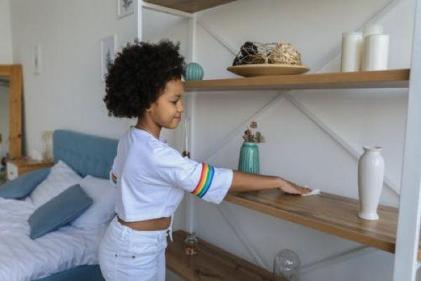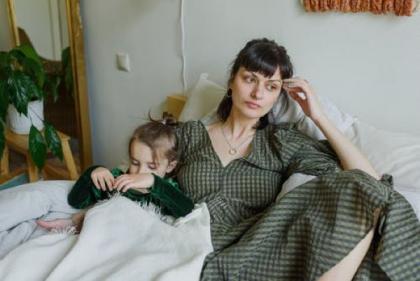When you catch your preschooler telling a lie, it is natural to be a bit upset. A parent may think that when their child lies, it reflects on their parenting skills. This is not the case. All young children will try lying at one time or another. The best way to deal with it is to not make a big fuss over it.
Here’s a common situation in which a child will tell a lie. You come into the living room and see that a drink has been spilled and your child tells you that she did not do it. You know she is telling a lie. To avoid a battle over who spilled the drink, focus on having her help clean up the mess.
Alternatively, when a child does something wrong and they admit it to you, make sure to give them credit for being honest. This will encourage your child to tell the truth.
Telling stories is not lying. When your child tells you that there is a crocodile in the bathtub, she is simply using her imagination and you should encourage it. Unless a story is hurtful, it should not be considered as a lie.
Here’s a common situation in which a child will tell a lie. You come into the living room and see that a drink has been spilled and your child tells you that she did not do it. You know she is telling a lie. To avoid a battle over who spilled the drink, focus on having her help clean up the mess.
Alternatively, when a child does something wrong and they admit it to you, make sure to give them credit for being honest. This will encourage your child to tell the truth.
Telling stories is not lying. When your child tells you that there is a crocodile in the bathtub, she is simply using her imagination and you should encourage it. Unless a story is hurtful, it should not be considered as a lie.



